
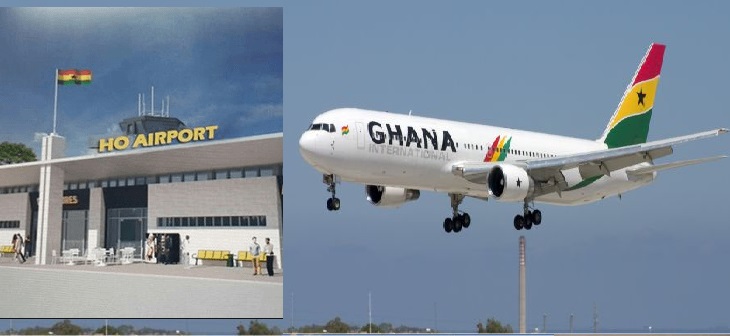
The question of whether constructing new airports in Ghana is a crucial step towards national development has sparked significant debate among policymakers, experts, and citizens alike. The recent announcement by Dr Mahamudu Bawumia, the New Patriotic Party’s (NPP) flagbearer, to develop the Cape Coast Airport and revitalise Ghana's aviation sector has brought this issue to the forefront. As the country looks towards a future filled with promise, it is worth considering whether the expansion of the aviation sector is the most strategic use of resources or a diversion from more pressing needs.
The Current State of Ghana's Airports
Ghana's existing airport infrastructure presents a mixed picture. Kotoka International Airport (ACC) in Accra serves as the main gateway for international travel, handling the majority of passenger traffic into the country. Kumasi International Airport (KMS) is the second busiest, though its usage is predominantly domestic. Other airports, such as the Takoradi, Tamale, Sunyani, Wa, Yendi, Navrongo, and Ho airports, primarily cater to small planes from within Ghana and neighbouring African countries. These facilities, while crucial for regional connectivity, have not all lived up to their potential, with some, like the Ho Airport, struggling to attract commercial flights and generate economic activity.
The Ho Airport is a prime example of this struggle. Despite its promising start, the $25 million facility has seen limited use, with commercial operations coming to a near standstill just a few years after its inauguration. Passion Air, the only airline to offer regular flights to Ho, suspended its services in March 2022 due to rising costs and low passenger numbers.
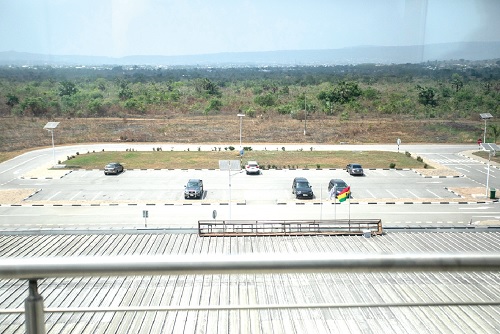
The airport now sits largely idle, costing the state over GH¢2.42 million in maintenance over the past two years, despite its potential to serve as a regional economic hub.
The Case for New Airports
Proponents of airport expansion argue that new airports, particularly in underdeveloped regions, can serve as catalysts for economic growth. Dr Bawumia’s plan to develop the Cape Coast Airport, backed by a $2 billion investment from Korean investors, is positioned as a move to boost tourism and trade in the Central Region. Cape Coast, with its rich historical heritage and status as a key tourism hub, could benefit significantly from improved air connectivity. An airport in this region could facilitate easier access for international tourists, potentially increasing tourism revenue and creating jobs.
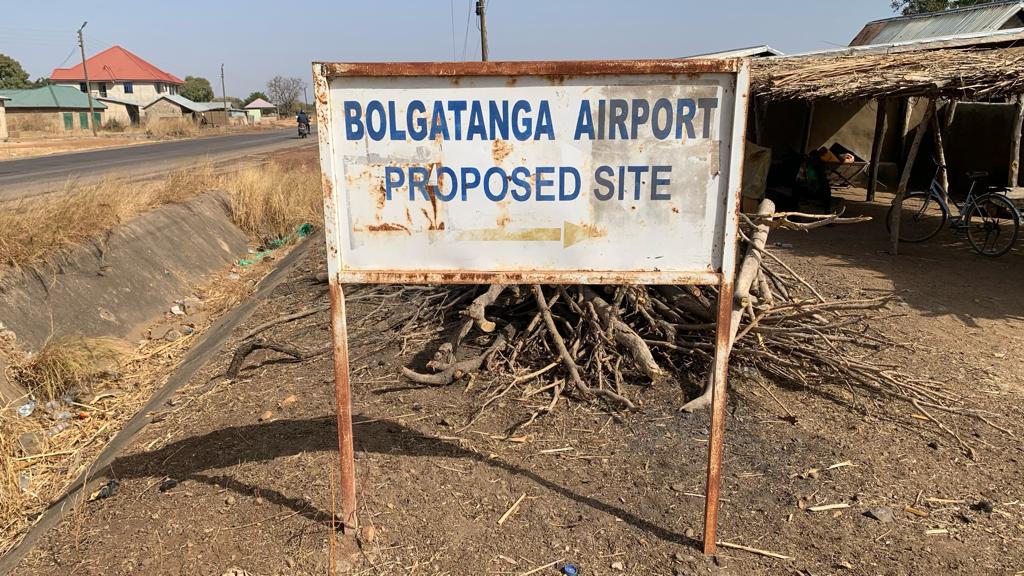
Moreover, the establishment of a Maintenance, Repair, and Overhaul (MRO) facility at Tamale Airport and the construction of a new airport in the Upper East Region could further enhance regional development. These initiatives are seen as ways to diversify the economy, reduce dependency on Accra, and improve logistics for industries such as horticulture and cargo transport.
The Critics' Perspective
However, not everyone is convinced that airport expansion is the best use of Ghana’s resources. Critics argue that the funds earmarked for these projects could be better spent on more pressing issues, such as improving road infrastructure, water supply, education, and healthcare. The underutilisation of the Ho Airport serves as a cautionary tale, suggesting that simply building an airport does not guarantee economic success. The challenges of low passenger demand and high operational costs must be addressed to avoid repeating past mistakes.
Social media reactions have echoed these concerns, with many Ghanaians questioning the priorities of the government. One user, kd-yadjasen, highlighted the stark contrast between investing in airports and the lack of basic amenities such as clean water, proper roads, and adequate healthcare facilities. Others, like loc dupva, have suggested that improving road and rail networks would be more beneficial for the majority of Ghanaians, offering more affordable and accessible means of transportation.
However, critics, including Franklin Cudjoe, the founding president of IMANI Centre for Policy and Education, question the necessity of the project. Cudjoe believes the government should prioritise upgrading existing roads to dual carriageways rather than investing in new airport infrastructure.
I'm not too sure if it's feasible. I mean, air travel is good, but between Accra and Cape Coast, really, I mean setting up an airport all over the place. It's as if we are racing to dice up this country so that we travel in record time, maybe through time and space.
I seriously don't think this Cape Coast airport is needed at all. I think we are better off probably expanding the roads, doing dual carriage, and let's have a good ride. He said in an interview with Accra-based JoyNews.
Balancing Infrastructure Development with National Needs
The debate over airport construction in Ghana ultimately boils down to a question of priorities. While airports can indeed play a vital role in stimulating economic growth and connecting remote regions, their success depends on careful planning, sufficient demand, and integration with other infrastructure developments. The challenge for Ghana’s leaders is to balance the need for modern, efficient transportation networks with the equally pressing need to address the country’s broader developmental challenges.

As Ghana navigates this complex landscape, it is crucial to consider the long-term implications of infrastructure investments. The decision to build new airports must be weighed against the potential benefits and the opportunity costs involved. Only then can the country chart a course towards sustainable, inclusive development that truly meets the needs of its people.
Read Full Story

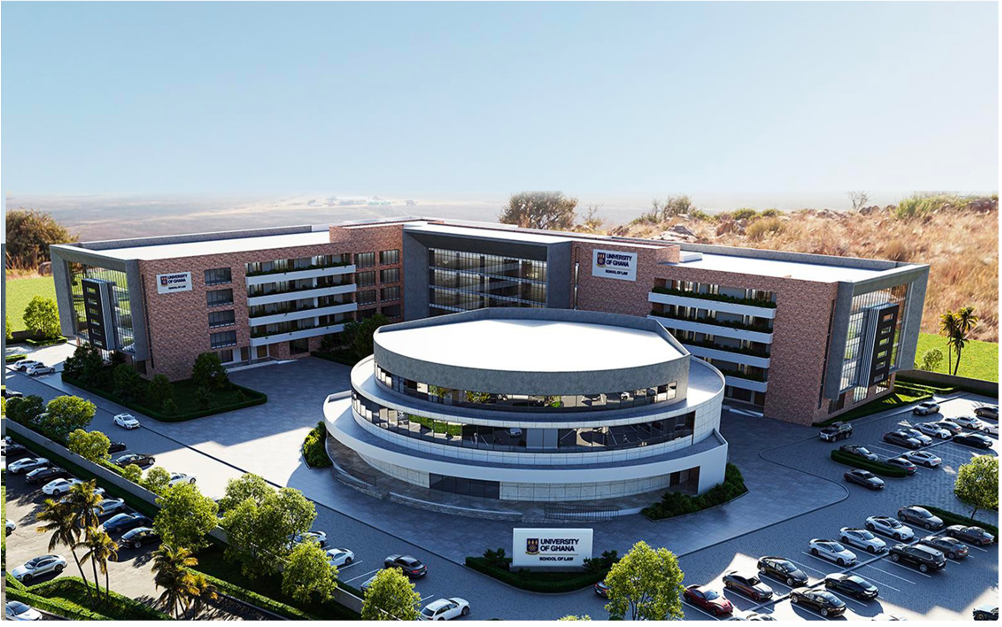
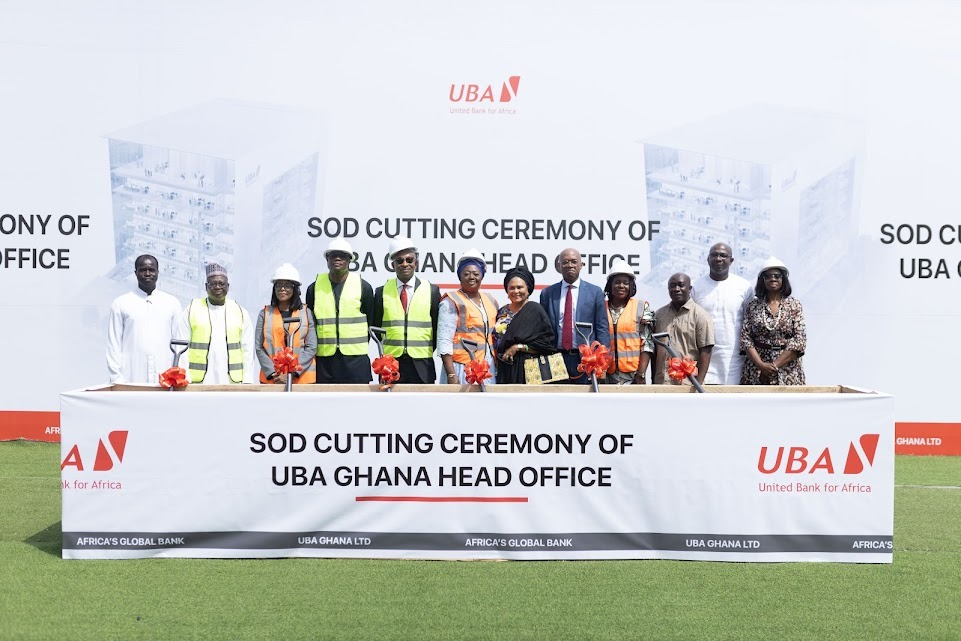


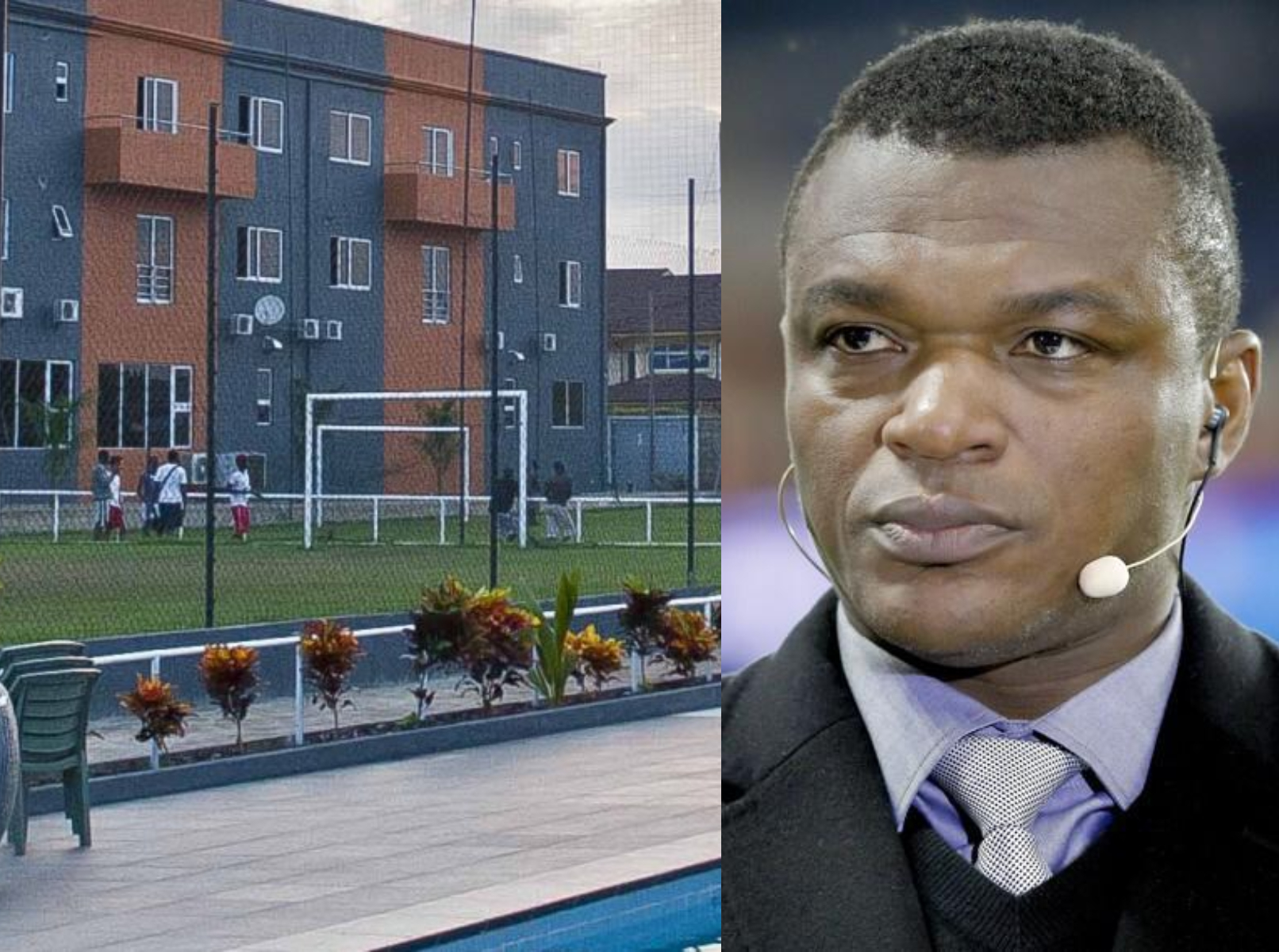











Facebook
Twitter
Pinterest
Instagram
Google+
YouTube
LinkedIn
RSS